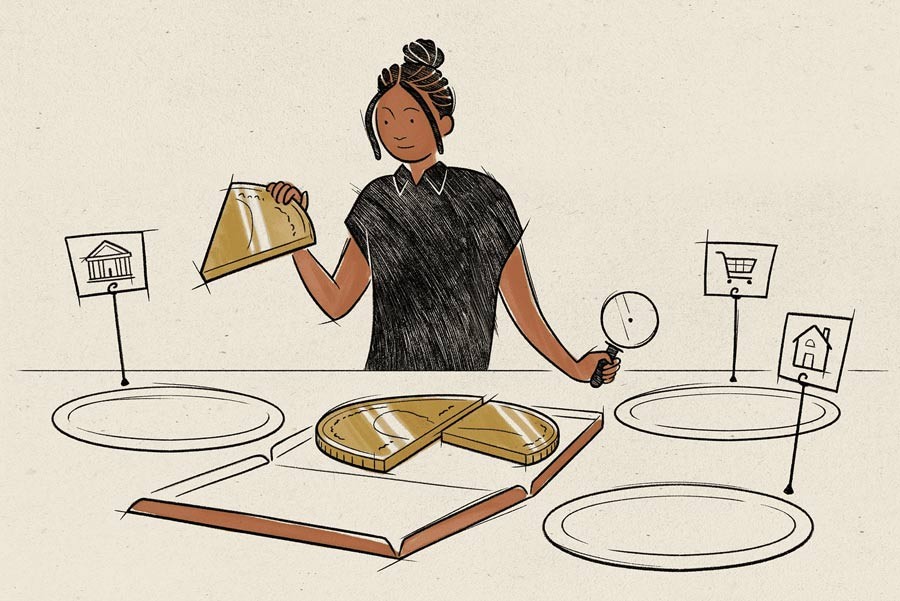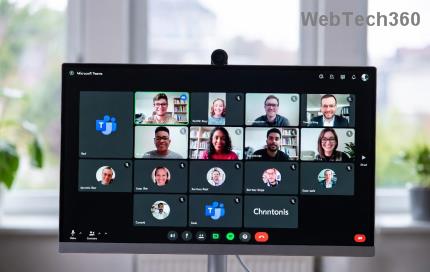Losing a job can be devastating for all of us, but getting your finances under control right away is crucial to maintaining stability while you search for a job. Here are the first things you should cut when you're unemployed .

First, calculate your new monthly cash flow.
Before making any cuts, assess your current financial situation. Here are some suggested steps to take:
- List all sources of emergency income (unemployment benefits, severance pay, emergency savings).
- Calculate how many months of expenses you can cover with your current resources.
- Review your last three months of expenses to understand your spending patterns.
- Categorize expenses into essential (housing, utilities, food) versus non-essential.
Once you list these numbers in a handy spreadsheet, you'll be able to map out how much you need to cut costs.
Identify expenses that need to be cut according to plan
Registration service
Review all recurring charges and cancel unnecessary subscriptions. Including:
- Streaming services (keep one, cancel the rest)
- Gym membership (switch to home workouts)
- Any kind of premium app features
Entertainment and dining
- Replace restaurant meals with home-cooked meals.
- Have a potluck party instead of going out.
- Use free recreation options (libraries, parks, community events).
- Look for happy hour promotions and restaurant deals when you're out and about.
Travel
- Reduce unnecessary travel to save gas.
- Review your auto insurance costs.
- Use public transport when possible.
- Combine work to minimize travel.

Phone and Internet
Negotiate or downgrade service:
- Switch to a cheaper phone plan.
- Remove unnecessary add-ons.
- Consider a prepaid plan.
- Downgrade your internet speed if possible.
- Call the supplier to request temporary hardship pricing.
Bill negotiation can be effective because companies are motivated to retain customers and stay in business. It costs more to acquire new customers than it does to retain existing ones. As long as you make reasonable demands and politely threaten to switch services, many service providers will offer discounts or preferential treatment to loyal customers.
Utilities
Reduce utility costs:
- Adjust temperature settings.
- Use energy saving lights.
- Repair any leaks.
- Hang clothes to dry when possible.
Shopping and personal care
One way to start with specific spending goals is to write down the things you want to buy before you pay. Another tip is to add items to your cart before making a purchase, especially online, and wait at least 24 hours before completing the transaction. This cooling-off period allows you to reassess whether you really need or want the item.
Insurance and financial services
After losing your job, you'll need to review and optimize your coverage:
- Find better insurance rates.
- Temporary increase in deductible.
- Suspend credit card rewards programs that charge annual fees.
- Review and cancel unnecessary warranty services.
- Consolidate accounts to avoid multiple maintenance fees.
While you’re focusing on cutting costs, remember that this is only a temporary situation. Try to strike a balance between cutting costs aggressively and maintaining your health. Start with the easiest cuts first to build momentum. From there, track each cash flow to identify additional savings opportunities. Be realistic about the cuts you can sustain long-term, and keep some small savings to keep you sane while you look for a job.
When making these budget cuts, you need to implement an aggressive job search strategy to minimize your time spent on such a minimal budget.

Your next steps should include:
- Implement these budget cuts gradually but systematically.
- Make it a habit to review your budget weekly
- Set up job search notifications and networking activities
- Track your progress in both areas

















